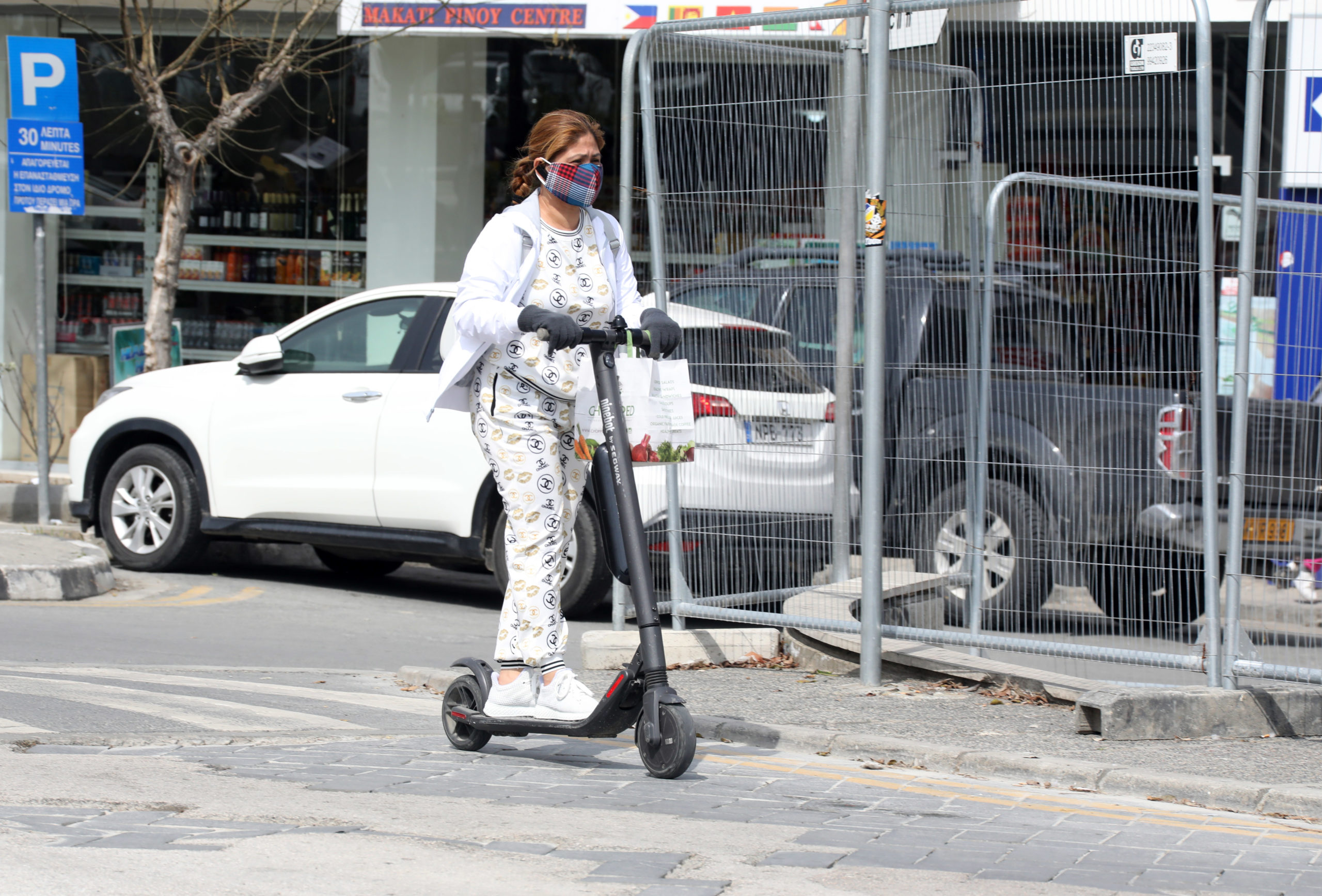Cyprus is waving goodbye to lockdown by reopening airports, shopping malls and gyms but those attending concerts, school graduation or planning weddings will have to wait until September.
The Cabinet decided to launch the third stage out of COVID-19 lockdown on June 9 but this phase will only last until June 24, and not July 14 as originally planned, said Health Minister Constantinos Ioannou.
Swimming pools opened to the public ahead of schedule on Friday, June 5.
Ioannou said the Cabinet decision to ease restrictions further took into account the country’s very good epidemiological situation and suggestions submitted by the experts.
Starting on June 9, Cyprus is reopening malls, airports, port facilities for cruise ships, the interior areas of restaurants and hotels, open-air cinemas and theatres.
Sporting events can also resume without the presence of spectators.
Also, from June 9, kindergartens and nurseries, along with children’s clubs, outdoor playgrounds, all-day summer schools are also opening their doors.
On June 13, casinos are permitted to reopen, along with dance schools, boxing/ kickboxing schools, gyms, theme parks, waterparks and amusement parks.
The Minister said that no decisions were taken on the fourth phase, apart from a decision to open theatres and indoor cinemas at the beginning of August.
However, despite Cyprus’ good epidemiological data, the government has delayed events with mass gatherings such as weddings as they will not be allowed even in the fourth stage of exiting the lockdown.
Festivals, concerts, wedding receptions and christenings, as well as graduation ceremonies, will be postponed until September 1, Ioannou said.
Gatherings of over 10 people will continue to be prohibited until June 24, after that events can see a maximum of 100 people gather in an outdoor facility and 50 indoors.
“As of July 7, numbers will increase to 150 people outdoor and 75 indoors. So, anyone who wants to have an event, be it a wedding or a christening or a private party at home, will be allowed to invite the maximum number of people allowed, provided social distancing rules are followed,” said Ioannou.
The government’s decision relies on advice given by the advisory team of experts who have been guiding authorities throughout the coronavirus crisis.
Expert Dr Zoe Dorothea Panas said the decision to push mass gatherings to September, was not taken lightly.
No touching at weddings difficult
She argued Cypriot mentality and the nature of such events, like weddings, does not encourage the practice of social distancing.
“Because of our mindset, it is difficult to believe that in such joyful events, we would be able to hold back and avoid handshakes, hugs and kisses. It would also be very sad to see a joyful event being at the heart of a cluster of infected people,” said Panas.
Meanwhile, Cyprus is to be reconnected with, at least some parts of Europe, as commercial flights are to resume on 9 June.
Ioannou said that ministers evaluated the decision to permit flights from two groups of countries, without however changing the existing arrangement.
Under its exit lockdown road map, Cyprus will open its airports to a select band of 13 countries that are considered low risk.
They include Israel, Greece, Germany, Austria, Bulgaria, Finland and Malta but the island’s two biggest markets Britain and Russia are not on the approved list.
Other EU countries such as Sweden, the Netherlands, France, Belgium, Spain and Italy are also not on the list.
All those arriving between June 9 -19 will need to provide a health certificate proving they are Covid-19 negative.
From June 20, there will be no need to provide a health certificate from the 13 countries, but another six countries will be added to the list including Switzerland, Romania and Poland.
Cyprus says it will update the list of approved countries on a weekly basis based on the scientific data.
As of Monday 8 June, the government will also be applying relaxations at crossing points along the Green Line, allowing access to specific groups.
The list of people allowed through the crossing points includes Turkish Cypriots working or studying in the Republic, enclaved Greek Cypriots, and people who need to cross over for humanitarian reasons, such as visiting a hospital.










